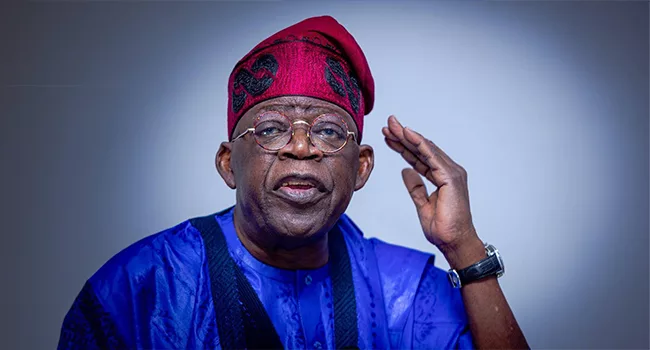The Economic Community of West African States (ECOWAS) is under pressure from a regional advocacy group to swiftly implement a comprehensive regional economic strategy aimed at addressing the surging costs of essential goods and the threat of instability in one of the world’s most economically challenged blocs.
The advocacy group, known as the Nigerian Working Group on Peace and Conflict Prevention (WGPCP), has also called on ECOWAS to confront human rights violations arising from the detainment of political dissidents, religious intolerance, and both state and non-state terrorism.
In a statement released, the WGPCP emphasised that combatting economic disparities, combating youth unemployment, and effectively battling corruption are key remedies to forestalling military coups. These actions are more vital than the mere threat of military intervention in countries seized by armed forces.
The group’s statement follows a recent string of military takeovers within ECOWAS member states. Just this Wednesday, a military coup rocked nearby Central African nation Gabon.
The WGPCP strongly believes that the path to preventing coups lies in embracing good governance and prioritizing the public interest in governmental policies. The group also calls for the immediate release of all political detainees.
In its statement, the WGPCP pressed ECOWAS to urgently convene an economic summit inclusive of civil society and international partners. The summit’s purpose would be to address pressing challenges that, if not promptly attended to, could plunge the region into turmoil.
While ECOWAS members are actively considering intervention in Niger to restore democratic order, the WGPCP contends that initiating a comprehensive cross-border economic blueprint should be the primary focus. This blueprint is seen as the most promising way to rescue the region from poverty, unemployment among the youth, and the proliferation of illicit arms that coup plotters exploit.
The group’s statement, co-signed by WGPCP chairman Adewale Adeoye and general secretary Chief Digifa Werenipre, has also been endorsed by regional representatives Prof. Lucky Akaruese, Dim Uche Okwukwu, and Kudu Abubakar.
“We urge ECOWAS to convene an emergency summit on regional cooperation that charts a new economic course for member states,” the statement read. “This new roadmap should address fundamental needs of the sub-region, including infrastructure, agriculture, free trade, and human security. ECOWAS must forge its own development framework, lifting the bloc out of its current state of inertia and citizen despair.”
Highlighting that over half of West Africa’s population of 418 million lives in poverty, the WGPCP argued that desperation has driven many vulnerable youths to extreme measures such as embarking on treacherous journeys to Europe, traversing dangerous deserts ruled by violent gangs, and risking their lives to cross the Atlantic Ocean.
While acknowledging Nigeria, Ghana, and Cape Verde as the region’s leading economies, the WGPCP underscored that Nigeria, in particular, is grappling with economic instability, escalating unemployment, violence, and rising inflation. This could potentially lead to more severe crises within the region.
“With a GDP of around $477.38 billion, Nigeria is expected to lead ECOWAS,” the group’s statement noted. “However, the country is facing severe economic decline, with an estimated 95.1 million Nigerians living in poverty. The World Bank warns that this number could exceed 100 million, representing half of the population, with an additional 133 million experiencing multidimensional poverty. Such a situation imperils the political and economic stability of the entire West African sub-region.”
Concluding, the WGPCP expressed its belief that West African leaders should feel accountable for pushing their citizens to the brink of survival methods born out of deprivation, exclusion, poverty, and inequalities resulting from inadequate leadership in many West African stat





